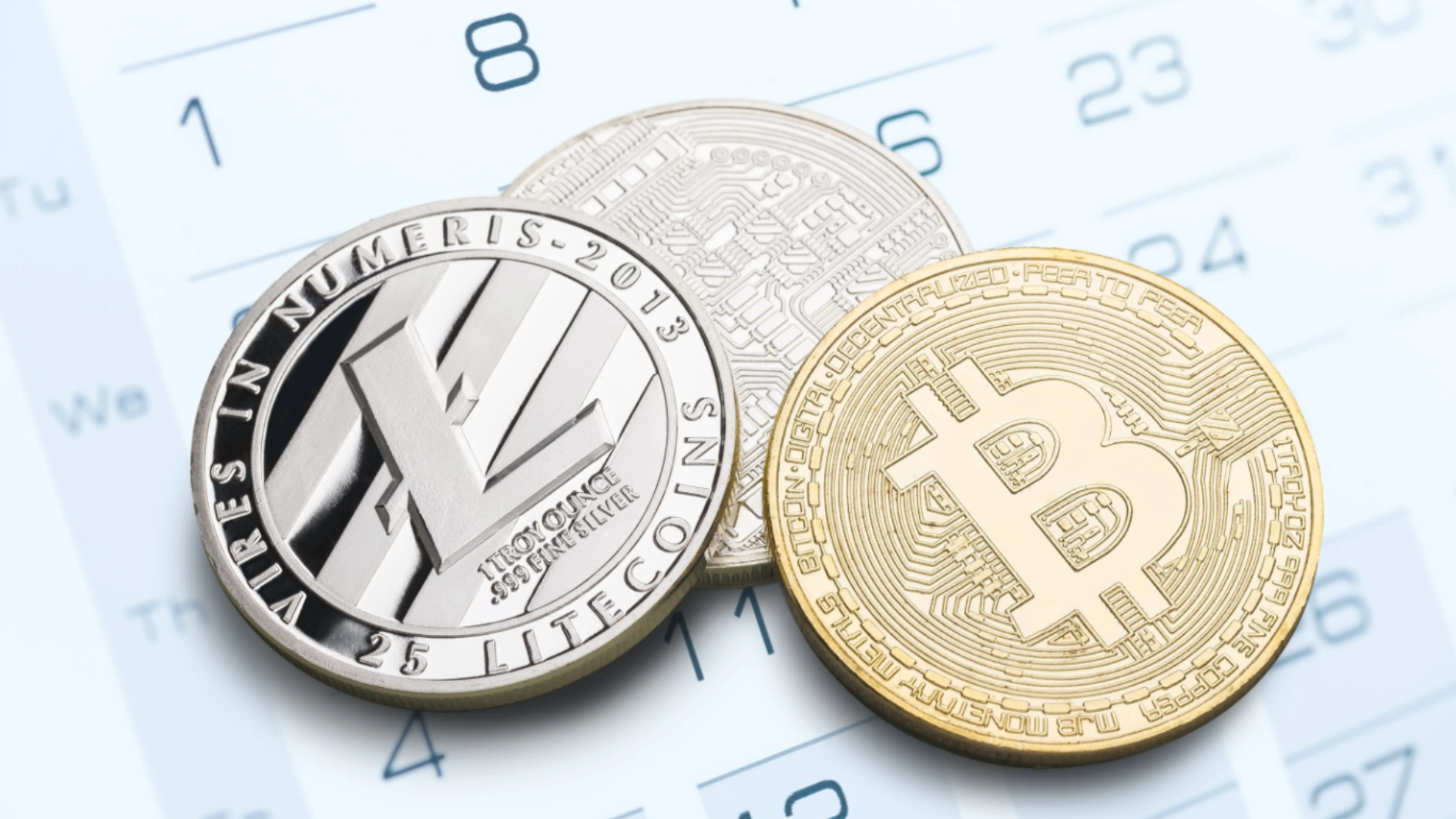Last Updated:
Jul 23, 2025
How crypto calendar helps investors track key events and predict market trends
Last Updated:
Jul 23, 2025

Author
Share this article
In the world of cryptocurrencies, where events unfold rapidly and information can make or break investment decisions, having a tool that helps track important happenings and market shifts is crucial. In this context, the crypto calendar becomes an indispensable assistant for investors, traders, and anyone actively involved with cryptocurrencies. Let’s explore how the crypto calendar helps in market analysis and trend prediction.
1. What is a crypto calendar and why is it important for investors?
A crypto calendar is a tool that collects and structures information about key events in the cryptocurrency industry. This includes everything from important announcements and market changes like hard forks, token listings, airdrops, new project launches, conferences, and even regulatory changes. What is truly valuable for investors is the ability to quickly respond to significant events and use them to make informed investment decisions.
Platforms like CryptoCalendar.ai provide users with convenient access to real-time events, with filtering options based on event type, date, and importance, allowing investors to save time and focus on the most critical moments that could influence their investments.
2. Tracking token listings and market trends
One of the primary advantages of a crypto calendar is that it helps investors track upcoming token listings and significant market movements. Listings on major exchanges can cause a surge in token value, and being aware of when these events occur gives investors the chance to act swiftly.
The crypto calendar provides information about which exchanges are listing specific tokens, the time and date of listings, and additional details like launch price predictions and market behavior insights. This data helps investors capitalize on potential price increases or avoid sudden drops based on new listings or delistings.
3. Hard forks and network upgrades
Hard forks and network upgrades are significant events in the crypto world. They can directly impact the value of tokens and even result in the creation of new tokens. These events are often associated with increased volatility in the market, and being prepared for them is essential.
A crypto calendar enables investors to stay informed about scheduled hard forks and updates. By knowing the exact dates of such events, investors can adjust their positions in advance, either by selling off their holdings to avoid risks or holding onto them to benefit from potential gains after the fork.
4. Airdrops and promotions
Airdrops are another critical event that crypto investors often look out for. These events allow users to receive free tokens based on certain conditions, such as holding a particular coin or participating in an event. Crypto calendars help investors track when and where airdrops will occur, giving them the opportunity to take part in these free token distributions.
Knowing when these events are coming up allows investors to maximize their portfolio and take advantage of free tokens. Since these airdrops are often tied to specific projects or tokens, keeping track of airdrop schedules is vital for anyone looking to boost their holdings with minimal effort.
5. Conferences and networking opportunities
Conferences, meetups, and other industry events are crucial for investors looking to connect with experts, discover new projects, and stay ahead of the curve. The crypto calendar helps investors track industry conferences and events, allowing them to participate in these gatherings, whether in person or virtually, and expand their knowledge and network.
These events often feature speakers from leading crypto companies or announcements about new projects, which can give early investors an edge over others. By attending these events or following the updates on them, investors can gain valuable insights that influence future investment decisions.
6. Regulatory changes and market impact
Regulatory changes, especially those related to the legal status of cryptocurrencies or new tax laws, can have a profound impact on the market. A crypto calendar can help investors track upcoming regulatory decisions, court rulings, or governmental actions that might impact specific tokens or the entire market.
Having access to this information allows investors to prepare for market shifts and adjust their strategies to avoid potential losses or capitalize on emerging opportunities in the regulatory landscape.
Conclusion
In the fast-paced world of cryptocurrency, staying on top of events and trends is essential for making informed decisions. A crypto calendar serves as a powerful tool for investors to track key events like token listings, airdrops, hard forks, and conferences. By utilizing this tool, investors can gain a competitive edge, predict market trends, and maximize their investment potential.
With platforms like CryptoCalendar.ai, investors can rely on a comprehensive crypto calendar that helps them stay in tune with the industry and be prepared for any major event that could impact the market.
Author
Share this article
